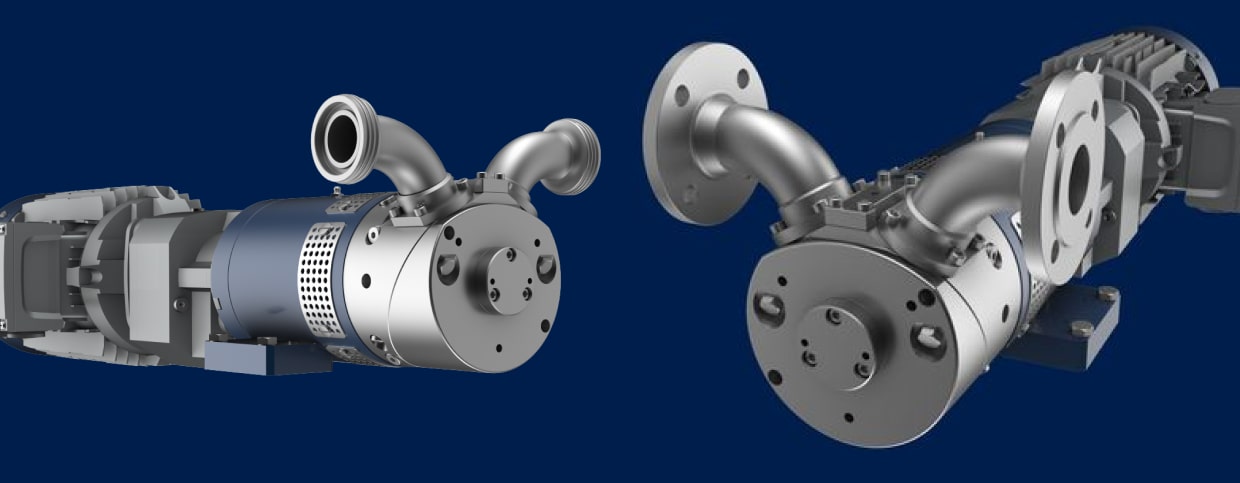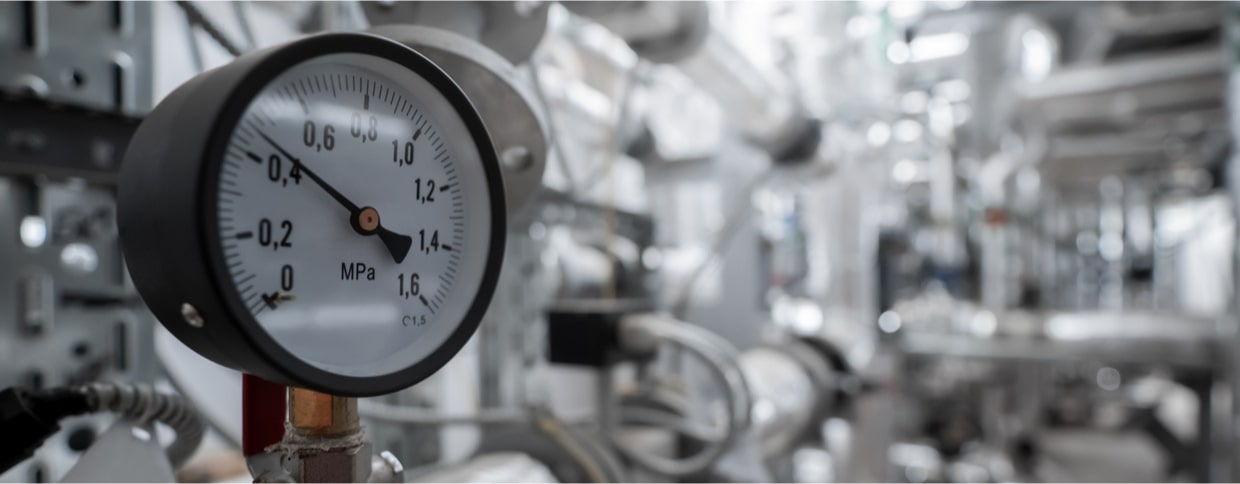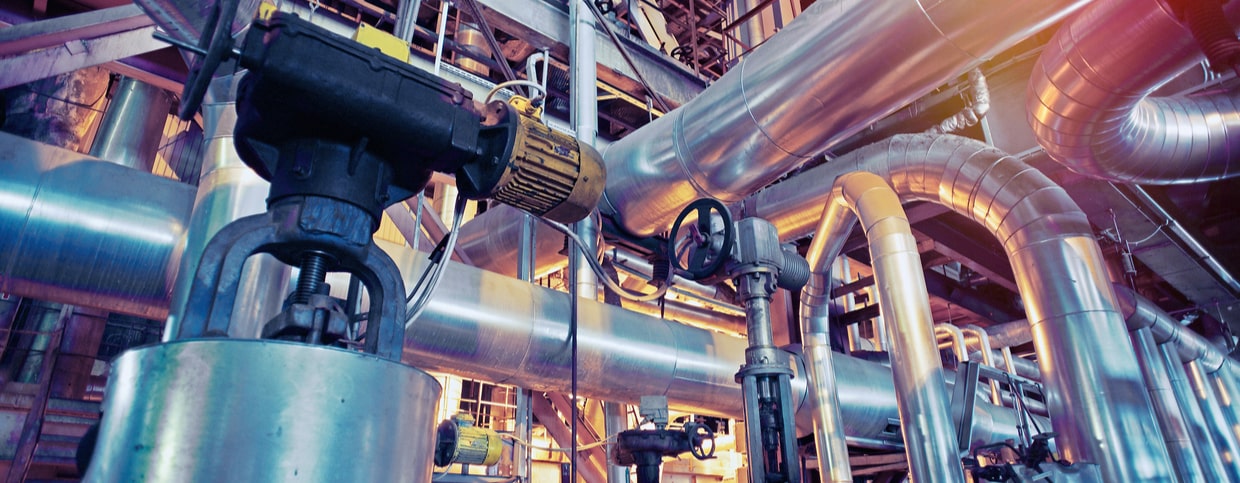Pumps for swimming pools
A reliable pumpsystems is essential to keep the water in swimming pools clean, clear and optimally circulating.

High-quality pumps are used in swimming pools and private pools and pools. So that the bathing experience can be fully enjoyed, an effective pump technology critically important. In this context, the wobble ring pump proves to be a particularly interesting solution for ensuring both optimum water quality and efficient water circulation.
pumps For swimming pools are responsible for water to pull out of the pool. It is then passed through filters to remove contaminants. The last step is to finally pump the water back into the pool. A powerful pump ensures efficient water circulation, which helps to evenly distribute chemicals and reduce deposits and algae growth. In addition, optimum pump performance ensures adequate filtration and thus crystal-clear water treatment.
When choosing a pump for a pool There are various factors to consider. This includes, for example, the size of the pool, the desired flow rate, energy efficiency and noise levels. Advanced pump models today offer a wide range of features and technologies that make it possible to optimize energy consumption. But at the same time ensure excellent performance.
Swimming pool pumps
Which pumps are best for use in swimming pools?
When choosing pumping technology for a swimming pool, the specific requirements of your pool should be considered. This includes the desired flow rate, energy efficiency, and maintenance and operating costs.
wobble ring pumps are a popular choice for swimming pools due to their efficient performance and their ability to provide a powerful vacuum to produce.
Die wobble ring pump works on the principle of a rotating wobble ring, which is pressed against the side wall of the pump housing by spring force. When the wobble ring rotates, spaces are created between the ring and the housing. These are filled with air through the pump inlet. As a result of the rotation, the air is compressed and released through the outlet of the pump.
The wobble ring pump offers several advantages for use in swimming pools. First, it creates a strong negative pressure, which enables efficient extraction of water. This allows the pump to effectively remove dirt, leaves, insects and other contaminants from the pool. In addition, wobbling ring pumps are usually quiet in operation, which does not interfere with swimming and relaxation at the pool.
In addition, they are very durable and require little maintenance. Wobble ring pumps are made from robust materials such as stainless steel or plastic. This makes them stand up to the chemical effects of chlorine resistant to other pool chemicals. In addition, the wobble rings only rarely need to be replaced, which reduces maintenance costs. This also increases the operating time of the machine, as less maintenance work is required.
Maintaining and handling the machine is therefore easy and efficient. In addition, the wobble rings are usually very stable and resistant to wear and damage.
You can find out more about the wobble ring pump in our product brochures.
You have the opportunity to flexibly buy or rent your ideal wobbling ring pump version at short notice. We are happy to help you find a pump that is tailored to your needs. Regardless of whether you operate a municipal swimming pool or a private pool, we have the right solution for you.
In addition to the wobble ring pump, there are also other types of pumps that are suitable for swimming pools, such as the centrifugal pump. This pump is characterized by its high performance and efficiency. This makes it particularly suitable for larger swimming pools with high water circulation. Another advantage of the centrifugal pump is its quiet operation, which is particularly advantageous in residential areas.
But the sand filter pump is also often used in swimming pools to pool water to remove dirt particles. Here, the water is passed through a filter filled with sand, which retains the impurities. Regular cleaning of the filter system keeps the water clear and clean. However, the sand filter pump is a bit more expensive to buy and requires regular maintenance and cleaning.
Another pump that is used for swimming pools is the dosing pump. This pump is used to be able to automatically and precisely dose chemicals such as chlorine or pH agents. This is particularly important in order to maintain a constant water quality to ensure and prevent pathogens in water. The dosing pump can be individually programmed as required to dose the required amount of chemicals. This is done via a control device, which controls the pump accordingly. In addition, the dosing pump can also be equipped with sensors to measure the current pH value or the concentration of chlorine in the water and adjust the dosage accordingly.
For smaller swimming pools or installation pools, there are also manually operated pumps, which are operated with a hand crank, for example. Although these are not as powerful as electric pumps, they still serve their purpose.
Which pump is ultimately best depends on the size of the pool and the desired water circulation. Ask us!

What tasks do pumps for swimming pools and pools perform?
Swimming pool pumps perform various important tasks to ensure the smooth operation of the pool. Here are some of the main tasks that pumps perform in swimming pools:
- water recirculation: One of the main tasks of swimming pool pumps is to effectively circulate water in the pool. The pump draws water from the pool and passes it through the filter to remove contaminants and other particles. The purified water is then pumped back into the pool. Continuous circulation of water ensures an even distribution of chemicals such as chlorine to maintain water quality.
- filtration: Pumps play a crucial role in the filtration of pool water. The water is passed through the filter, which collects fine particles and impurities. The pump creates the pressure needed to push the water through the filter. This ensures that contaminants are effectively removed. Good filtration is important to keep water clear and clean. This also prevents the growth of algae and other microorganisms.
- vacuum suction: When combined with a vacuum system, the pump can also be used to extract dirt and debris from the bottom of the pool. A pool skimmer or a special vacuum hose is connected to pick up the dirt and pass it through the filter.
- Waterfalls and fountains: In some swimming pools, pumps are also used to operate waterfalls, bubblers, and fountains. These features contribute to the aesthetic design of the bathroom and ensure a pleasant bathing experience.
It is important to choose a pump with sufficient power and capacity to meet the specific needs of your swimming pool. An efficient pump ensures a good water circulation, an effective filtration and contributes to overall cleanliness and water quality of the pool at.






